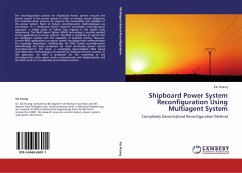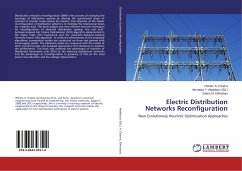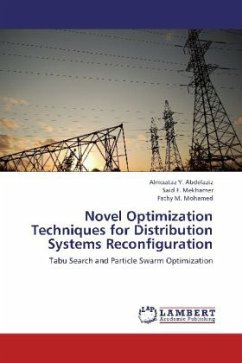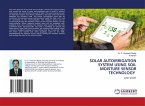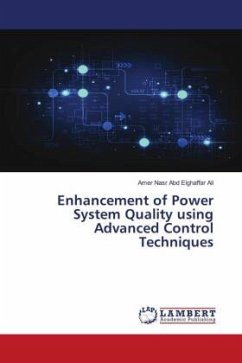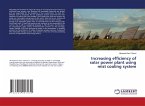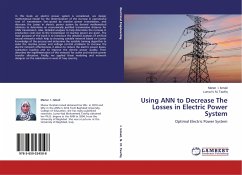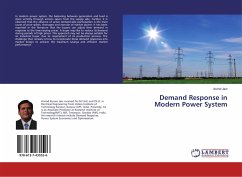The reconfiguration process for Shipboard Power System reroutes the electric power in the power system in order to achieve certain objectives, The reconfiguration process can improve the survivability and reliability of the power system. Most of today's reconfiguration methodologies are centralized. In a Shipboard Power System s centralized reconfiguration approach, a single point of failure may happen if the system lacks redundancy. The Multi Agent System (MAS) technology is recently applied to the applications in power systems. The MAS is composed of agents that are intelligent entities with the capability of problem solving. However, current MAS applications on power system reconfiguration methodologies are topology dependent. Additionally, No MAS based reconfiguration methodology has been proposed for mesh structured power system reconfiguration.In this book, a completely decentralized MAS based reconfiguration methodology is proposed for Shipboard Power Systems. In this approach, an MAS is proposed for the reasoning of the reconfiguration. Each agent works autonomously and independently and the MAS works in a completely decentralized manner.
Bitte wählen Sie Ihr Anliegen aus.
Rechnungen
Retourenschein anfordern
Bestellstatus
Storno

